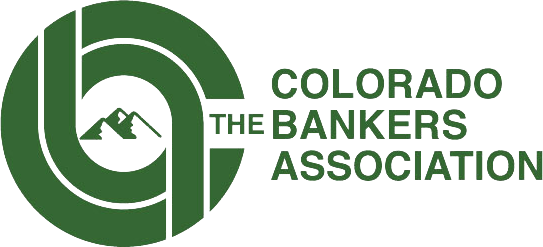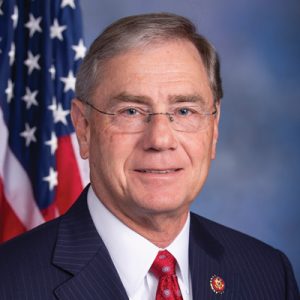In the 1970s, the Farmers Home Administration, a former U.S. Department of Agriculture agency, made thousands of direct loans to purchase farmland. Farmers and nonfarmers alike were taking on the government-issued debt to purchase more and more land they believed would only increase in value. As is always the case with easy money and no due diligence, the value of farmland skyrocketed. Soon many farmers could not grow enough crops and livestock to cover the cost of their debt and tax assessments based on the inflated land value. According to the GAO, by the 1990s, $14 billion in direct loans went unpaid, and the agency was forced to seize over 3,000 farms. Countless family farms were lost, and many of the would-be next generation of farmers chose a new, more stable future path.
In the late 1990s, the Small Business Administration also learned a hard lesson about the government’s inability to responsibly lend money. Until then, the SBA had operated various direct lending programs and its loan guarantee programs, guaranteeing loans issued by private lenders such as banks and credit unions. Unlike the government, financial institutions have established due diligence processes and must follow Know Your Customer standards. The 7(a) Loan Program is the most notable loan guarantee program. In 1998, the agency stopped issuing direct business loans because the subsidy rate – essentially, the failure rate – was 10 to 15 times higher than the subsidy rate for its loan guarantee programs.


Not to be deterred by a history of failure or a complete lack of expertise, the SBA is back in the business of direct lending with the Economic Injury Disaster Loan (EIDL) program. And to the shock of absolutely no one, the program has been fraught with fraud. As the top Republican on the Small Business Committee, I have kept a close eye on EIDL and have continuously called for investigations into this flawed program. Recently the SBA Inspector General found that there had been $78.1 billion in potentially fraudulent EIDL activity. As of Aug. 19, 2021, the SBA had disbursed approximately $280 billion in COVID EIDL loans and grants, equating to a fraud rate of nearly 30%. In other words, 30% of taxpayers’ dollars are being misused and mishandled by the SBA. It is absolutely unacceptable and further proves that the federal government is incapable of running a direct lending program with any level of competency.
Much like congressional Democrats and the current administration answering inflation with more reckless spending, their reaction to decades of failed direct lending programs is to create more. The $4.3 trillion reconciliation bill moving through the House calls for $4.5 billion for direct loans through the 7(a) program. Using EIDL’s fraud numbers, we can expect $1.35 billion of that to be handed over to bad actors. On top of that, Democrats are now putting the government in direct competition with the smallest financial institutions in Colorado and nationwide.
When the COVID pandemic shut down the country, Congress created the Paycheck Protection Program and turned to financial institutions and bankers like you to help save the economy in Colorado and across the country. As you know, banks, community development financial institutions, minority deposit institutions, and credit unions worked day and night to assist millions of small-business owners fighting with every ounce of their energy to survive and keep their workers employed. Now, these very institutions have a new, very powerful competitor: the federal government.
Many loan guarantee programs have been successful, particularly for small and disadvantaged businesses. That is where the government authority should end.
As the Ranking Member of the Small Business Committee, I am doing everything in my power to put an end to government direct lending. My Republican colleagues on the committee and I are drafting legislation to reform the SBA, a key aspect of which is stripping their direct lending authority. Many loan guarantee programs have been successful, particularly for small and disadvantaged businesses. That is where the government authority should end. I feel confident that private sector and industry experts like you are more than equipped to handle the rest. History has shown too many times that the government’s shortcomings end with American citizens paying the price.
It needs to stop.










